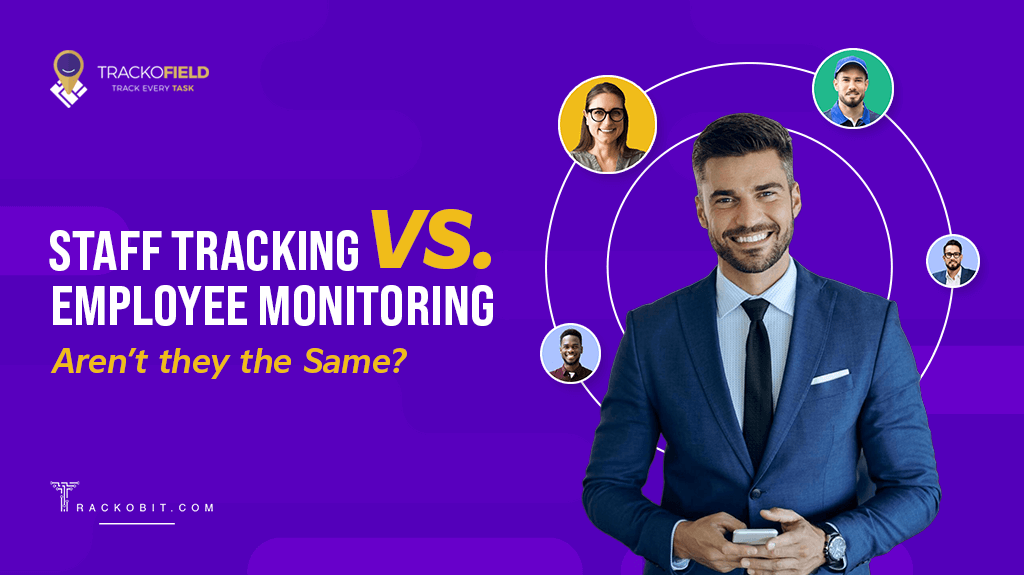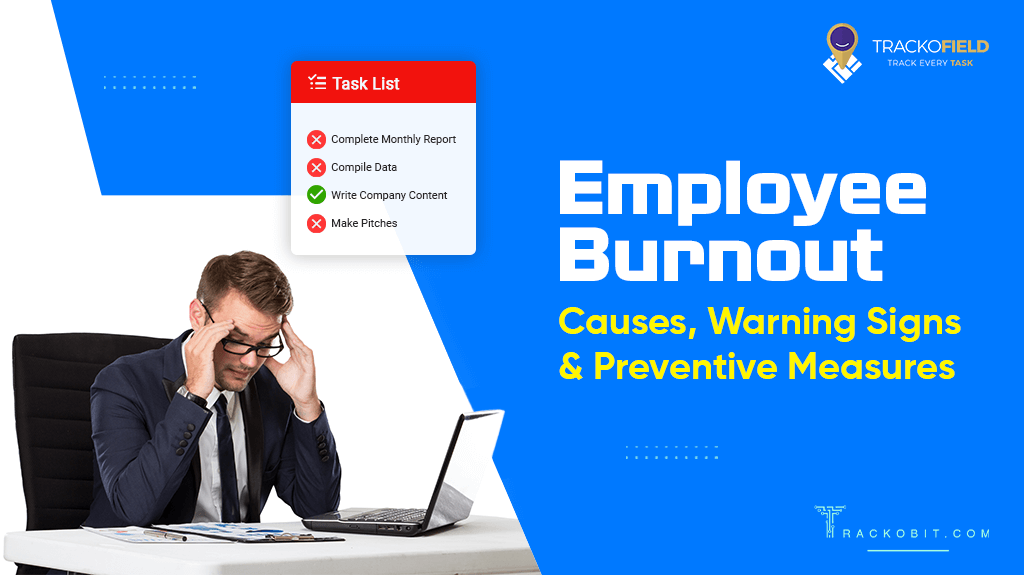-
TrackoBit
Manage commercial vehicles with the new-age Fleet Management Software
TrackoBit -
TrackoField
Streamline your scattered workforce with Field Force Management Software
TrackoField -
Features Resources
-
Blog
Carefully curated articles to update you on industrial trends. -
White Paper
Insightful papers and analysis on essential subject matters. -
Glossary
Explore an alphabetical list of relevant industry terms. -
What’s New
Get TrackoBit & TrackoField monthly updates here. -
Case Study
Explore the cases we solved with our diverse solutions. -
Comparisons
Compare platforms, features, and pricing to find your best fit.
-
About Us
Get to know TrackoBit: our team, ethos, values, and vision. -
Careers
Join the most dynamic cult of coders, creatives and changemakers. -
Tech Support
Learn about our technical support team and services in detail. -
Events
Check out the exhibitions where we left our marks and conquered. -
Contact Us
Connect with us and let us know how we can be of service.
Work life Balance
What is Work-Life Balance?
Work-life balance refers to the level of prioritisation between personal and professional activities in an individual’s life and the level to which activities related to their job are present in the home.
Work-life balance is a topical issue due to the increased amount of technology that removes the importance of physical location in defining the work-life balance. Previously it was difficult or impossible to take work home and so there was a clear line between professional and personal.
The increase in mobile technology, cloud-based software and the proliferation of the internet has made it much easier for employees to be ‘permanently’ at work, blurring the distinction between professional and personal. Some commentators argue that smartphones and ‘always-on’ access to the workplace have replaced the authoritarian control of managers.
Why Does a Good Work-life Balance Matter?
Since the start of the pandemic and beyond, employee well-being has suffered. Especially for those working from home for the first time, remote and hybrid work meant working more – and not knowing how or when to switch off.
If an employee isn’t feeling their best, they can’t focus on their work. Therefore it’s critical to take care of your people – and help them establish a healthy work-life balance – so they can be productive for your business.
It’s also critical to support your people with well-being and mental health resources. Why? If you don’t invest in employee well-being, you risk employees burning out, not being as productive as they can, and increasing safety risks. These risks include accidents at work, which can have detrimental emotional, physical, and financial implications.
How to Improve Work-life Balance?
- Flexible Work Arrangements
- Clear Expectations
- Encourage Breaks
- Limit Overtime
- Provide Resources.
- Training and Development.
- Delegate Appropriately
We use cookies to enhance and personalize your browsing experience. By continuing to use our website, you agree to our Privacy Policy.







































